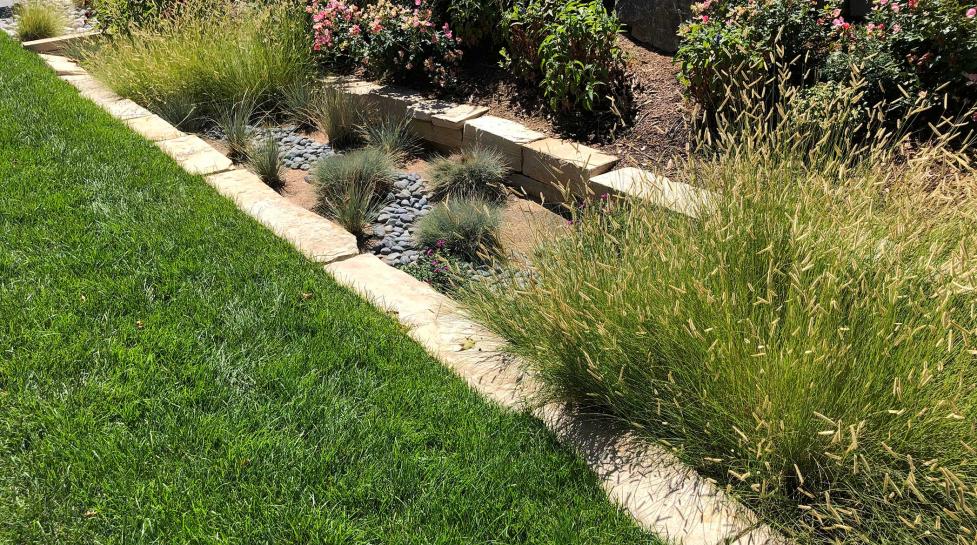Residential Rain Gardens – Trailhead Homeowners
Stormwater Management in the City of Boulder
When it rains, stormwater flows over pavements and other surfaces picking up pollutants such as debris, vehicle spills, animal waste, fertilizers, and chemicals. These pollutants are carried in runoff from the land surface, to storm sewers, and eventually local rivers and streams without being treated.
How can stormwater be managed?
Effective stormwater management starts by controlling runoff at the source, at our homes and properties. This includes both source control efforts such as removing pet waste and reducing fertilizer use and implementing stormwater control measures (SCMs) to capture and treat runoff. The Keep It Clean Partnership has additional resources for homeowners and businesses on efforts you can take to improve water quality.
What is the City of Boulder doing to improve stormwater quality?
The City of Boulder aims to take a holistic look at managing stormwater in the city. Stormwater quality is an integral part of City policy and planning efforts including the Comprehensive Flood and Stormwater Master Plan.
The City of Boulder Green Infrastructure Strategic Plan outlines the City’s approach to encouraging the implementation of green infrastructure on both public and private projects.
What is green infrastructure?
Green infrastructure/low impact development (LID) is the intentional use of plants, soil, and hydrologic processes to treat runoff in a way that matches natural site conditions. Green infrastructure also provides ecosystem services and aesthetic benefits to our outdoor spaces.




